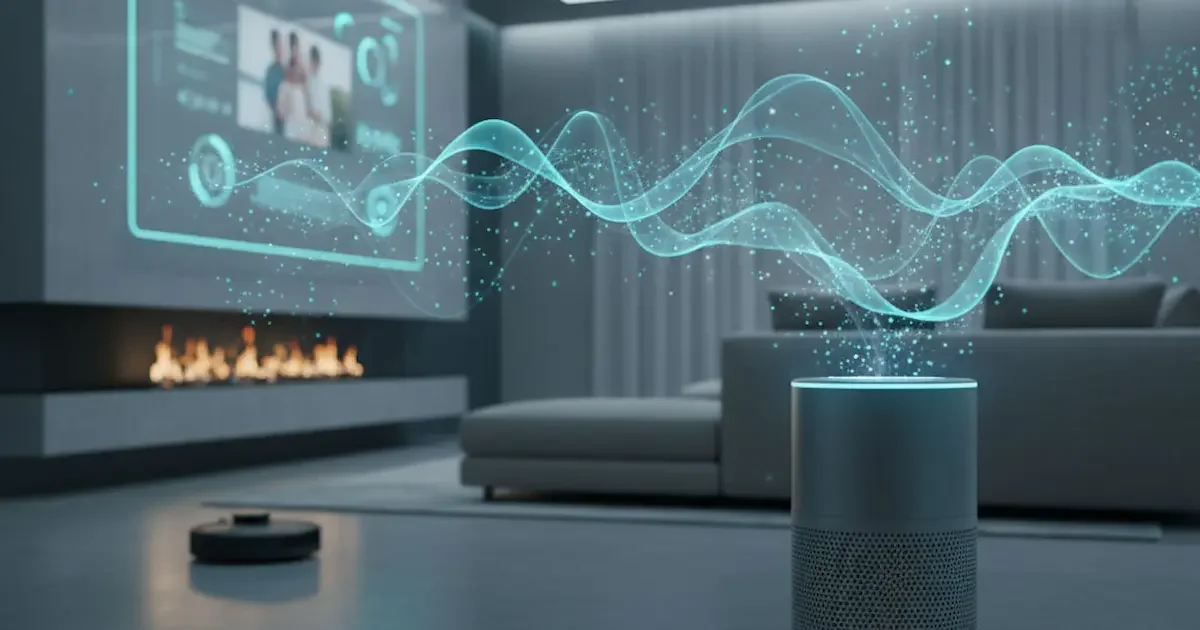The Big Move: Assistant Out, Gemini In
Google is retiring (or rather, evolving) the familiar “Hey Google / Okay Google” Assistant for its smart home gear, replacing it with a new AI layer called Gemini for Home.
This transition starts with an early access rollout in October 2025, with gradual expansion to more devices. The aim: deeper contextual understanding, more natural conversations, and smarter integration across your home.
So while you’ll still wake it up with “Hey Google,” the intelligence under the hood is changing.
What Gemini for Home Brings to the Table
Let me walk you through what’s new (and what’s worth getting excited about):
1. Natural, conversational interactions
You won’t have to phrase things in rigid commands like “turn on lights in living room.” Instead, Gemini will let you talk in a more natural, human way:
“Dim the lights and play some calming music from Bollywood songs of the 90s”
It can understand chained requests and context.
If you're already midway through a conversation, Gemini remembers context. You don’t have to keep repeating details.
2. Gemini Live — deeper, ongoing interaction
One crossover from the mobile/Linux side: Gemini Live is the mode where you can “converse” with the home AI without constantly re-triggering it. Think of it like leaving the mic open (within safe boundaries) so it can help you step by step — like cooking, troubleshooting, or brainstorming.
However, Gemini Live’s advanced features are gated behind a Google Home Premium subscription.
3. Smarter cameras, doorbells, and “Ask Home”
Gemini doesn’t just live in speakers — Google is upgrading Nest cameras, doorbells, and other smart devices to be more “intelligent.”
For example:
· The system can generate more descriptive alerts (e.g. “I saw someone near the front gate”) rather than just “motion detected.”
· You can search video history using natural language in the Google Home app.
· The “Ask Home” feature in the Home app allows text or voice queries to control devices or build automations.
4. Backward compatibility & hardware refresh
Surprisingly (and smartly), Google is not forcing you to toss out your existing devices. The change will cover legacy devices like Nest Audio, Nest Hub, and other speakers.
That said, Google is also launching new hardware built specifically with Gemini in mind — for instance, a new Google Home Speaker (expected in 2026) that’s optimized for ambient AI operation.
The Trade-offs & Challenges
You know me — I won’t gloss over the rough edges. Here are some of the risks and trade-offs:
· Subscription gate: Some of the richer Gemini features will be behind a paywall (e.g. advanced camera intelligence, longer video histories).
· Privacy & always listening: The “live conversation” mode raises questions about how much always-on listening is happening (even if only contextually). Google will have to be extra transparent.
· Performance expectations: It’s one thing to demo smart interactions; it’s another to have them work in messy, real homes with network glitches, accents, diverse devices.
· Regional / language support: India and other non-English markets will need localized performance, support for regional languages, and robust offline modes.
· Device limitations: Older hardware might struggle with latency, voice recognition, or memory constraints in complex AI usage.
What It Means for Indian Users & Smart Homes in India
This change has particular relevance here:
· Many Indian smart homes already rely on Google/Nest & the Assistant ecosystem. The shift to Gemini means these systems may now feel more “smart” and less fussy.
· But language and accent support is critical in India. If Gemini doesn’t understand Hindi, Tamil, Telugu, etc., well, that’ll be a major friction point.
· The subscription model may be a barrier depending on pricing and consumer sensitivities in India.
· Integration with Indian services (local streaming apps, smart appliances, localized automations) will decide adoption.
Verdict: A Smart Leap — If They Nail Execution
Google’s move to Gemini for Home is bold and overdue. The age of “rigid voice commands” feels ancient when compared to full conversational AI. If Google can deliver reliably — accurate voice understanding, low latency, excellent privacy safeguards, fair pricing in markets like India — then Gemini for Home could be a real turning point in how we live with smart homes.
But if it fails to localize, locks too much behind paywalls, or becomes buggy on older gear, users might feel like the “upgrade” was more of a gamble than a win.

![After 20 Years, Google Lets You Ditch That Embarrassing Gmail Address [2025]](https://techdodo.in/storage/articles/gmail_let_users_change_their_email_1766925131_6951234b88dd0_medium.webp)